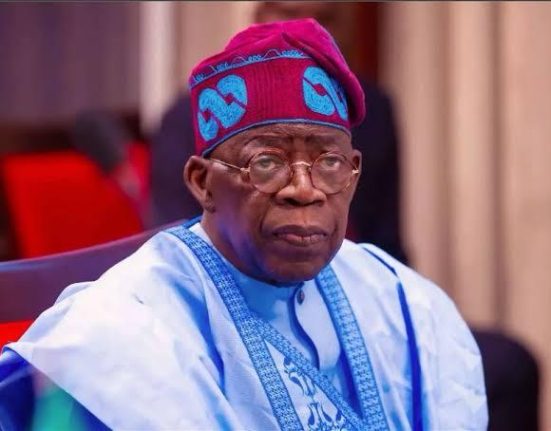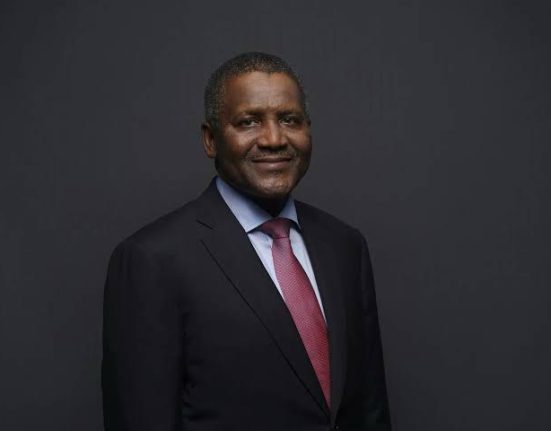The World Bank has raised alarms over the deepening poverty crisis in Nigeria, revealing that nearly half of the population now lives below the international poverty line, even as Africa’s largest economy continues to report GDP growth.
In its May 2025 edition of the Nigeria Development Update, the World Bank estimates that approximately 46 percent of Nigerians, around 107 million people, survive on less than $2.15 per day. This marks a sharp rise in poverty levels, with an estimated 40 million more people slipping into poverty since 2018.
According to the report, persistent inflation and minimal wage growth have severely weakened household purchasing power, particularly in urban areas. “Labour incomes have not kept pace with the cost of living,” the Bank said, noting that rising hardship is becoming more pronounced in cities where living expenses are highest.
Despite boasting a GDP of over ₦277 trillion and a population of 232 million, the World Bank cautioned that Nigeria’s wealth remains unevenly distributed. If shared equally, the country’s economic output would provide each citizen with about ₦100,000 per month, a figure still insufficient to cover basic living costs in many parts of the country due to soaring inflation.
While Nigeria’s economy recorded a modest 4.6% growth in the last quarter of 2024, inflation has consistently outstripped this progress. The consumer price index has hovered around 22.1% in 2025, leading to declining real incomes and diminished quality of life.
The report also drew comparisons with other nations, stating that Nigeria’s per capita income stands at just 30% of Botswana’s and a mere 4.4% of Singapore’s, despite Nigeria’s vast natural resources. It emphasized that although GDP growth is important, without inclusive economic policies, millions of Nigerians will continue to be excluded from its benefits.
Further compounding public frustration are reports of ballooning government expenditure. Civil society watchdog revealed that the National Assembly inserted over 11,000 projects worth nearly ₦7 trillion into the 2025 national budget, many of which fall under so-called “constituency projects.” Lawmakers have been accused of exploiting these funds with little oversight or transparency.
Recently, a federal legislator disclosed that Senators now receive a minimum of ₦2 billion, while their counterparts in the House of Representatives pocket at least ₦1 billion each for such projects, a revelation that has sparked widespread outrage amid rising poverty.
The World Bank concluded by urging Nigerian policymakers to accelerate reforms that promote equitable growth, enhance wage structures, and increase accountability in public spending to address the growing inequality.





